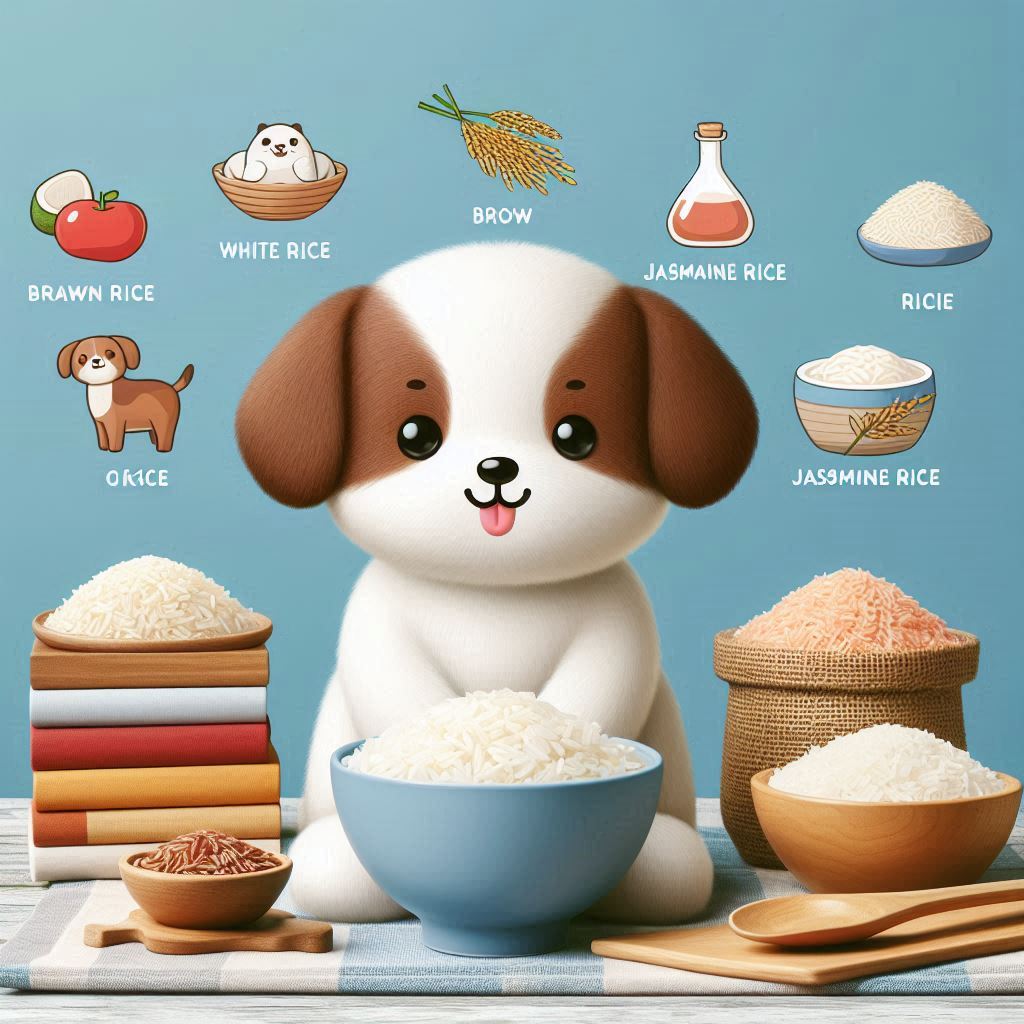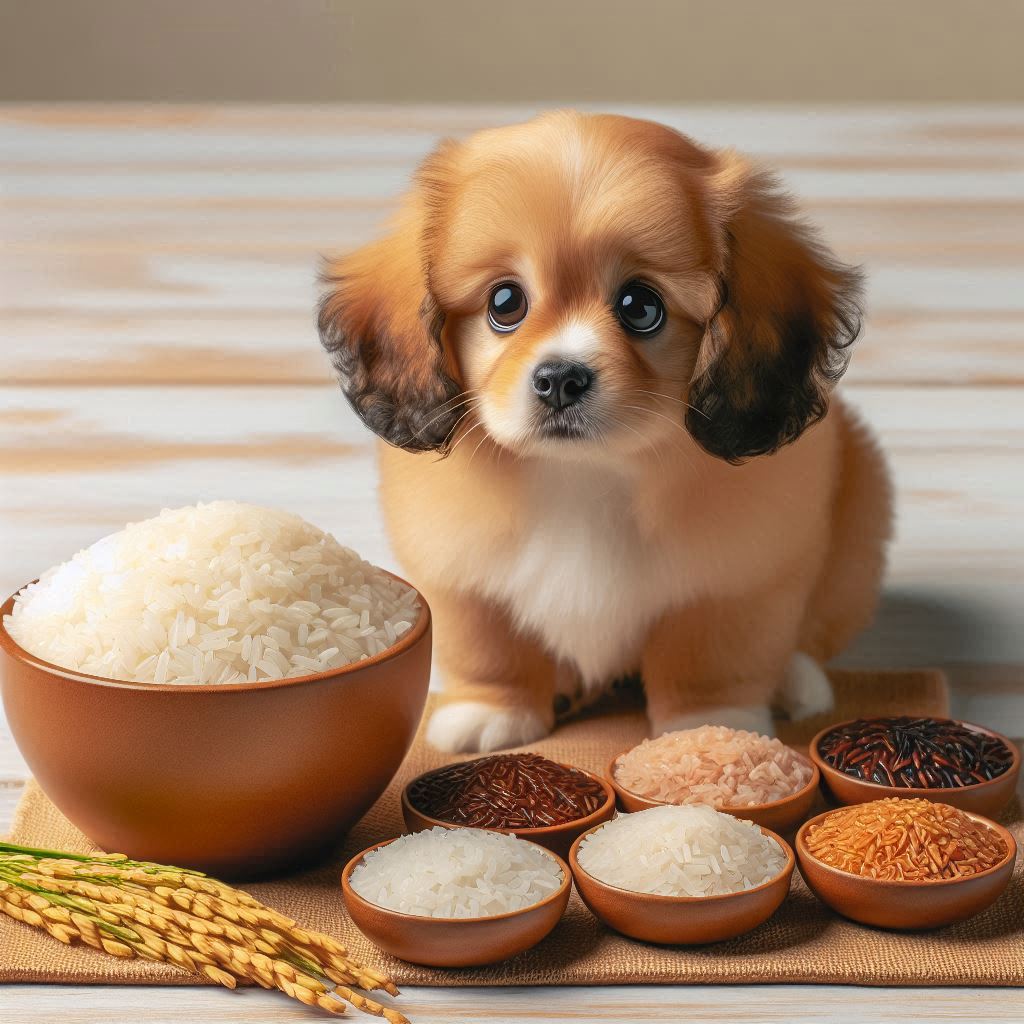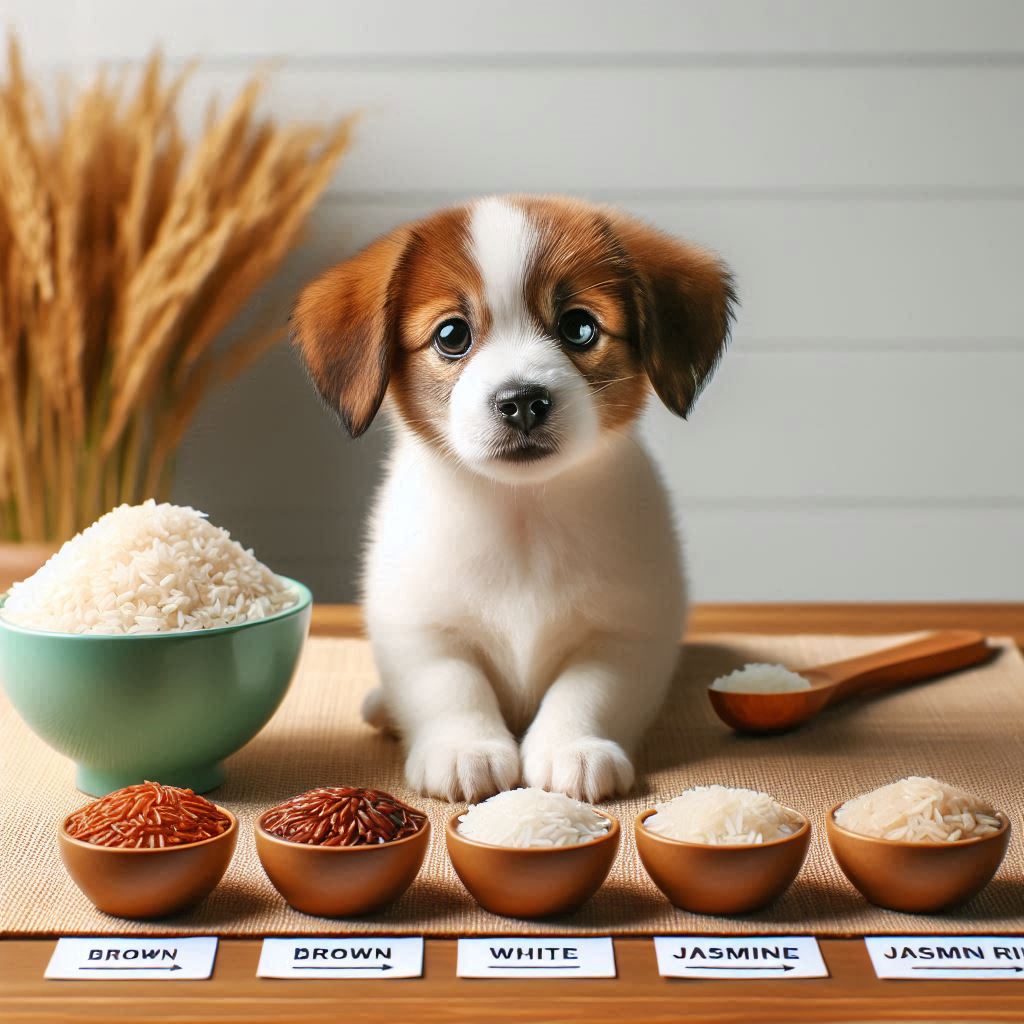As pet parents, we often want to share our favorite foods with our canine companions. One dish that might come to mind is Spanish rice, a flavorful and aromatic dish enjoyed by many. But can dogs have Spanish rice? When it comes to sharing human food with our pets, it’s essential to ensure that the ingredients are safe and suitable for their digestive systems. In this comprehensive guide, we’ll delve into the world of rice, exploring different types of rice that are safe for dogs and discussing whether Spanish rice can be a part of their diet.
Post Contents
- Navigating Your Dog’s Diet
- Understanding Rice as a Dog Food Ingredient
- Safe Rice Types for Dogs
- Nutritional Benefits of Rice for Dogs
- Ingredients in Spanish Rice
- Is Spanish Rice Safe for Dogs?
- Precautions and Considerations
- Homemade Rice Dishes for Dogs
- Introducing New Foods to Your Dog
- Frequently Asked Questions
- Summary
Our dogs are more than just pets; they’re beloved members of our families. Naturally, we want to ensure they have a diet that supports their health and well-being. While many foods that are safe for humans can also be safe for dogs, it’s important to know which ingredients are suitable and which ones to avoid.
Understanding Rice as a Dog Food Ingredient
Yes, dogs can eat rice. In fact, rice is a common ingredient found in many commercial dog foods due to its digestibility and nutritional value. However, rice alone should not be fed to your dog daily. Instead, it should be part of a varied diet that provides all the essential nutrients your dog needs.It’s a good source of carbohydrates, which provide energy, and it’s often used as a binding agent in kibble.

Safe Rice Types for Dogs
1. White Rice: White rice is easily digestible and can be a helpful component in bland diets for dogs with upset stomachs.
2. Brown Rice: Brown rice is higher in fiber and nutrients compared to white rice. It can be a good option for dogs that need a bit more fiber in their diet.
3. Basmati Rice: Basmati rice is a fragrant and long-grain variety that can be included in your dog’s diet occasionally.
4. Long Grain Rice: Long grain rice, including jasmine rice, is another option that’s safe for dogs in moderation.
Nutritional Benefits of Rice for Dogs
Rice offers several nutritional benefits for dogs:
Carbohydrates: Dogs need carbohydrates for energy, and rice provides a source of easily digestible carbs.
Bland Diet: Plain rice can be part of a bland diet recommended by veterinarians for dogs with digestive issues.
Fiber: Brown rice, in particular, contains fiber that supports healthy digestion.
Ingredients in Spanish Rice
Spanish rice typically contains rice cooked with a variety of ingredients, such as tomatoes, bell peppers, onions, garlic, and various spices. While some of these ingredients can be safe for dogs in moderation, others can be potentially harmful.
Is Spanish Rice Safe for Dogs?
1. Plain Rice: If you have a plain batch of Spanish rice without any additional ingredients like onions, garlic, or spices, small amounts can be safe for dogs, but moderation is key.
2. Tomatoes: Tomatoes, while generally safe in small amounts, should be ripe and should not include any green parts. They contain solanine, which can be toxic in large quantities.
3. Onions and Garlic: Both onions and garlic are toxic to dogs and should be avoided entirely.
4. Spices: Some spices used in Spanish rice can cause digestive upset or even be toxic to dogs. It’s best to keep the dish mild and avoid using spices altogether.
Precautions and Considerations
1. Portion Size: If you’re planning to share a small amount of plain Spanish rice with your dog, make sure it’s a small portion that doesn’t replace their regular dog food.
2. Monitoring: Observe your dog after introducing any new food, including Spanish rice, to watch for any adverse reactions.
3. Consult Your Vet: If you’re unsure about whether Spanish rice is safe for your dog, it’s always best to consult your veterinarian.
Homemade Rice Dishes for Dogs
If you’re interested in sharing rice with your dog, consider making a simple and safe homemade rice dish:
1. Plain Rice: Cook plain rice (white or brown) without any added ingredients. You can mix it with a small amount of cooked lean protein, like chicken or turkey.
2. Rice and Vegetables: Cook rice and mix it with dog-friendly vegetables like carrots and peas. Avoid using any seasonings or spices.
3. Rice and Protein: Cook rice and add a source of protein, such as boiled and shredded chicken, for a balanced and safe meal.

Introducing New Foods to Your Dog
When introducing new foods to your dog’s diet:
1. Start Slowly: Introduce small amounts of the new food gradually to monitor your dog’s reaction.
2. Observe: Watch for any signs of allergies or digestive upset, such as vomiting, diarrhea, or changes in behavior.
3. Consult Your Vet: If you’re unsure about a specific food’s safety, consult your veterinarian for guidance.
Frequently Asked Questions
1. Can dogs have tomato sauce?
Tomato sauce should be avoided due to its high acidity and potential for causing digestive upset.
2. Can dogs eat onions and garlic in small amounts?
No, both onions and garlic are toxic to dogs and should be avoided entirely.
3. Can I feed my dog Spanish rice with no spices or other ingredients?
Plain Spanish rice without onions, garlic, or spices can be safe for dogs in small amounts, but it’s best to consult your vet.
4. Can dogs eat spicy foods like Spanish rice with chili peppers?
Spicy foods, including chili peppers, can cause digestive upset in dogs and should be avoided.
5. Is saffron rice safe for dogs?
Saffron rice is generally safe for dogs in small amounts, but plain rice without saffron is a better option.
Summary
In conclusion, while some types of rice can be safe and even beneficial for dogs, Spanish rice is a more complex dish that requires careful consideration of its ingredients. Plain rice, without any harmful additives, can be shared with your dog in small amounts, but it’s important to avoid ingredients like onions, garlic, and spices that can be harmful. When it comes to your furry friend’s diet, always prioritize their safety and well-being, and consult your veterinarian if you have any doubts or concerns about specific foods.

94% of pet owners say their animal pal makes them smile more than once a day. In 2007, I realized that I was made for saving Animals. My father is a Vet, and I think every pet deserves one. I started this blog, “InPetCare”, in 2019 with my father to enlighten a wider audience.
